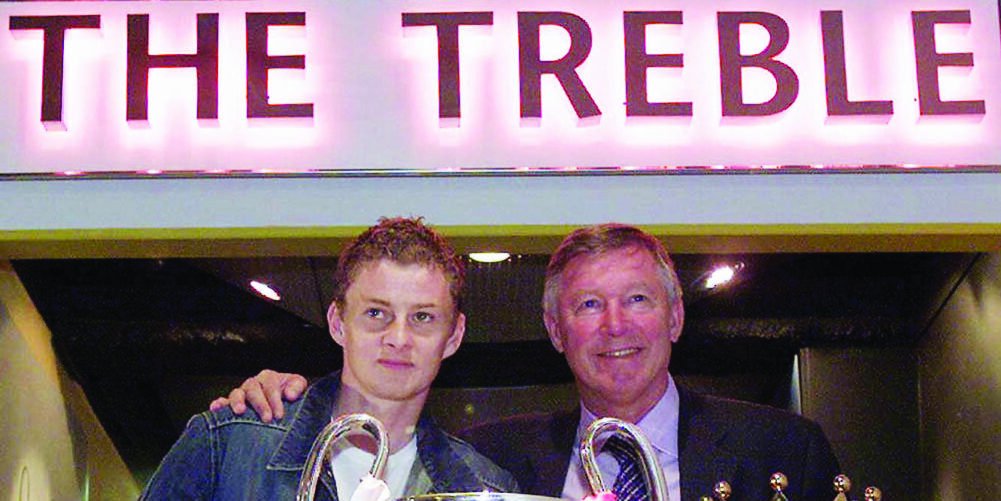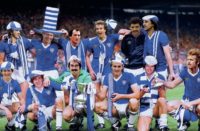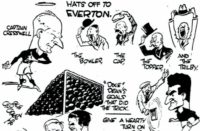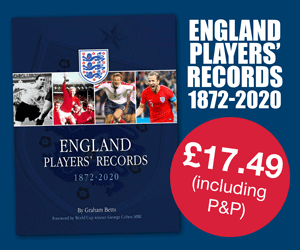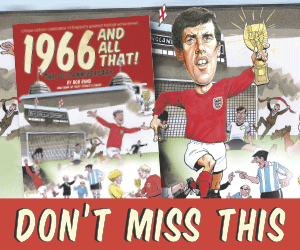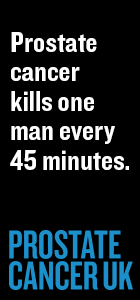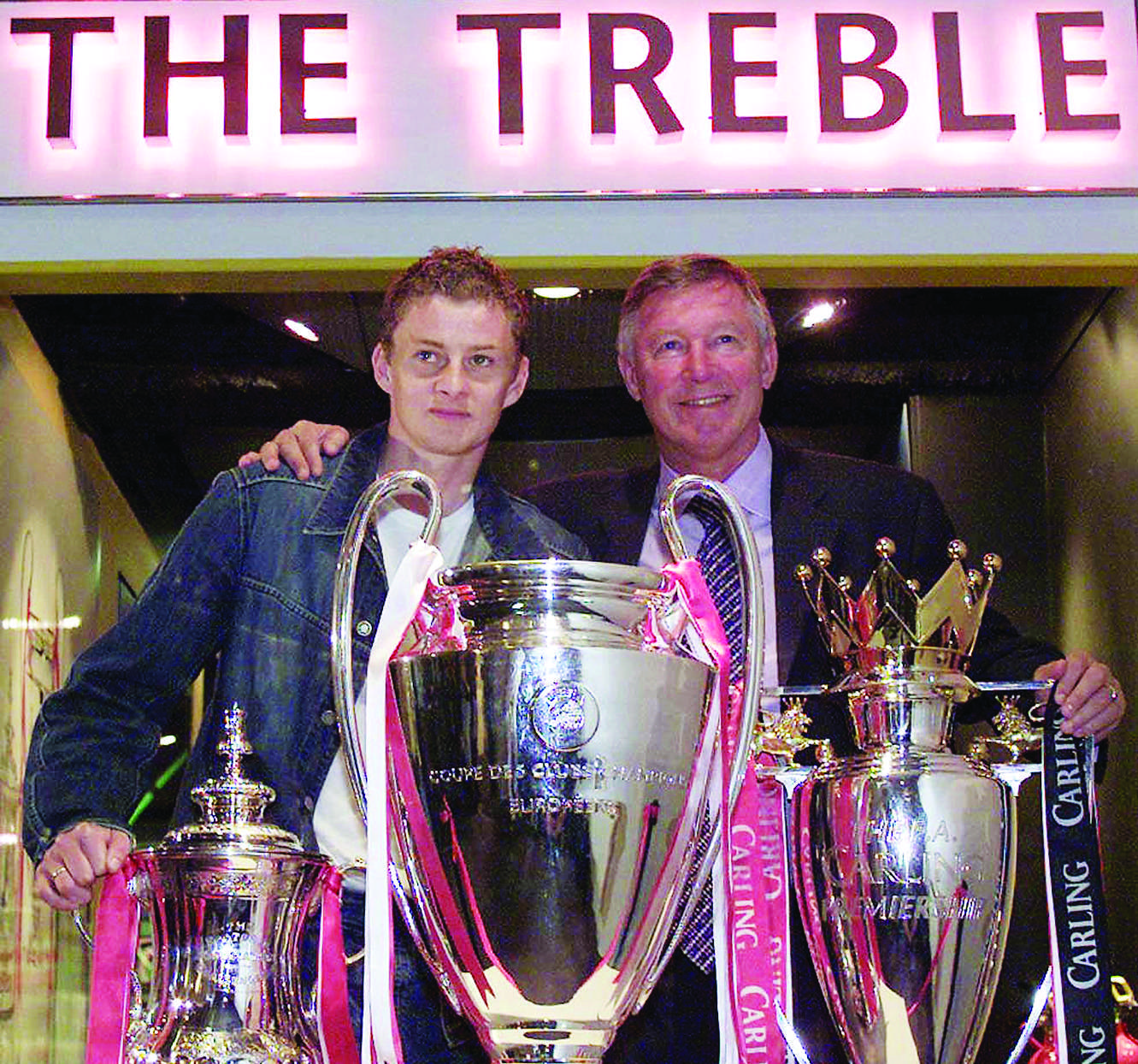
By Ray Harper
When Barcelona claimed an unprecedented ‘double Treble’ back in May, it was the fifth time it had happened in 16 years.
There is an almost mythical quality to the Treble – domestic league and cup plus Champions League – with the three trophies in a single season representing the absolute pinnacle of club footballing success.
Celtic (1966/67), Ajax (1971/72) and PSV Eindhoven (1987/88) got the ball rolling, but since Manchester United’s efforts in 1998/99 the momentum has grown.
Manchester United’s side of 1998/99 achieved it, in many senses, against all odds. They came through so many tight games and did not walk through any competition easily. They pipped Arsenal by a single point to win the Premier League, and incredibly came back from 2-0 down in the Champions League semi-final second leg against Juventus in Turin to win 3-2.Then there was their unforgettable late rally against Bayern Munich in the final.
The spirit of the squad, and the leadership which ran through the spine of the team, was what pulled them through these tough games, and epic encounters like the FA Cup semi-final replay against Arsenal (Anyone remember that Giggs goal?).
Up front, they had goal-scorers in form, and plenty of goals from around the team, as well as players reaching the peak of their careers.
Inter Milan’s 2010 Treble was achieved by a team which contained several unheralded players, but this was characterised by a defiant team spirit and strong leaders, which led to them shocking Bayern Munich in the Champions League.
Arguably winning Serie A was not quite the gold standard it had been, with so many of the big guns weakened by relegations due to match-fixing scandals.
But a terrific semi-final Champions League win over a fantastic Barcelona side nearing their peak showed that this was not a team to be messed with.
Jose Mourinho’s team which started the European final was built around a spine of seven South Americans – three Brazilians and four Argentines.
Like Manchester United, Inter Milan only won the league on the last day of the season, with a 1-0 away win in Siena. Barcelona in 2009 – what can you say? This was the Catalans at the peak of their powers, with Pep Guardiola (like Luis Enrique) winning the Treble in his first season.
Like the United team with Andy Cole and Dwight Yorke, they had two great goalscorers (Samuel Eto’o on 30 and Lionel Messi on 38). The attacking talents were backed up by a strong physical core – Puyol, Busquets and Pique – who gave the team real backbone.
Their performance against a Manchester United side with Cristiano Ronaldo and Wayne Rooney in their prime has to rank up there with the Spain performance in the Euro 2012 final.
Bayern’s Munich’s 2013 success was perhaps as impressive as the Barca period of dominance. They swept to the Bundesliga on 91 points, a huge 25 ahead of Borussia Dortmund and, sadly for Dortmund, triumphed in the Champions League Final at Wembley thanks to that Arjen Robben winner.
Pace on either flank with Franck Ribery and Robben was allied to a robust defence with goalkeeper Manuel Neuer adding his quality.
Oh, and a proven goalscorer in Thomas Muller with 23. Again, there is a question about the quality of opposition they faced in domestic competitions – Stuttgart in the final and Wolfsburg in the semis of the DFB-Pokal.
The team was marked by entertainment and goals, spanking Barcelona 5-0, and beating Stuttgart 3-2 in an edgy final in the Olympic Stadium.
So what is needed for a club to win a Treble? Firstly, a high-calibre manager who is capable of juggling different competitions, adjusting tactics and planning how to use his whole squad. That is vital over a long, punishing season in several competitions, when there are likely to be fixture pile-ups and cup replays. The ability to change tactics and manage squad rotation is critical. Leadership is required on the field as well as off it. Would United have won the Treble without Roy Keane or would Barcelona have managed it without Puyol?
Psychological strength is vital. Arsenal could very easily have won a Treble in 2010/11, but somehow crumbled in those final games when it mattered.
It’s often the games which need to be grinded out which really require attention – particularly in a league season. A goalscorer and several contributors is also crucial, as is the ability to stay injury-free or manage injuries through a season.
Maybe controversially, I would argue that a large slice of luck is required. Bayern Munich hit the post and crossbar against United in the 1999 final. If either of these efforts had gone in, history could have been very different.
Cup games are where teams are most likely to falter against a tricky opponent or when they don’t get the rub of the green.
For those looking for some sign of the hand of destiny, there is another thing worth noting. Teams which have won the Treble have (apart from the Catalans themselves!) always crossed paths with Barcelona in the Champions League, scoring at least three goals in the process.
Treble-winning teams lose. Winning the Treble does not go hand-in-hand with invincibility. Arsenal’s 2003/04 side were invincible in the league, but could not overcome Chelsea in the Champions League or United in the FA Cup. Arguably the most critical point in Manchester United’s Treble win was their 3-2 loss at home to Middlesbrough.
After that, the team went 33 games unbeaten. The loss seemed to spur them on.
There is a greater quality demonstrated through winning tight games than in easily romping to wins against inferior opponents.
Winning a Treble requires a strange tension between being pushed to your limit and somehow being able to rise to the challenge.
Chelsea’s near-misses in so many competitions in 2007/08 and 2012/13 were largely due to the team being over-loaded, and lacking the resources to rise to the occasion. When the balance is right between challenge and ability, you actually end up with truly great performances – like United’s 3-2 away win in Juventus and the epic semi-final clash with Arsenal.
There is no magic ingredient to Treble- winning success, and there are still only a handful of teams who have won it.
The challenge for all the European big guns in 2015/16 is whether they can step up, make history, and assert an unassailable ‘Uber’-dominance by winning those three trophies again

